Search
Remove Ads
Advertisement
Summary 
Loading AI-generated summary based on World History Encyclopedia articles ...
Search Results
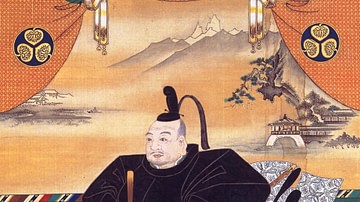
Definition
Tokugawa Ieyasu
Tokugawa Ieyasu (1543-1616) was a Japanese military leader who reunified Japan at the beginning of the 17th century after a long period of civil war, known as the Warring States or Sengoku period. He created a new government controlled by...

Image
Tokugawa Ieyasu
Portrait of Tokugawa Ieyasu (1543-1616) by Kanō Tan'yū, Edo period.
Osaka Castle, Main Tower.
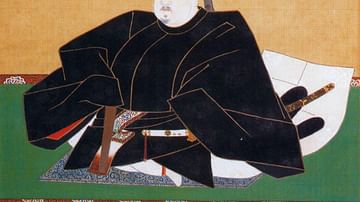
Definition
Tokugawa Iemitsu
Tokugawa Iemitsu (1604-1651) governed Japan as the third shogun of the Edo period. He implemented a number of important policies that not only consolidated his family's hold on power but also greatly impacted Japanese society for several...
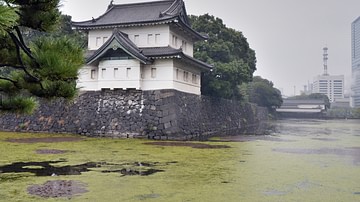
Definition
Edo Period
The Edo period refers to the years from 1603 until 1868 when the Tokugawa family ruled Japan. The era is named after the city of Edo, modern-day Tokyo, where the Tokugawa shogunate had its government. It is also sometimes referred to as the...
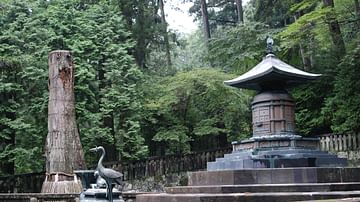
Image
Tokugawa Ieyasu Mausoleum
Tokugawa Ieyasu Mausoleum, Nikko, Japan.
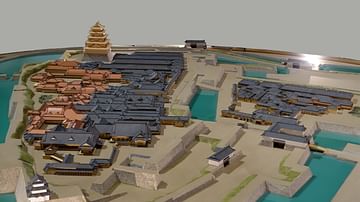
Definition
Edo Castle
Edo Castle was a large castle built by the Tokugawa family in 17th-century Japan. It served as their seat of government for more than 260 years. After the Meiji Restoration of 1868, Edo became the capital of Japan and was renamed Tokyo. Edo...
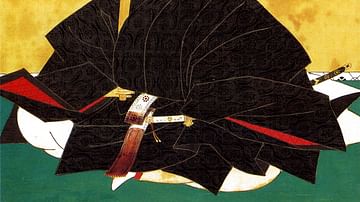
Definition
Tokugawa Tsunayoshi
Tokugawa Tsunayoshi (1646-1709) governed Japan as the fifth shogun of the Edo period (1603-1876). He has often been ridiculed as the 'dog shogun' because of the laws he enacted to protect the lives of animals. Economically, however, the period...
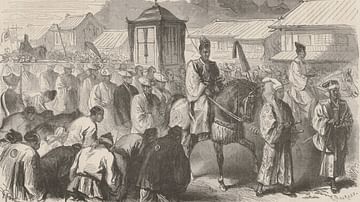
Definition
Meiji Restoration
The Meiji Restoration was a political event that took place in Japan in 1868. In it, the Tokugawa family, a warrior clan that had ruled Japan for more than 260 years, was overthrown by a group of political activists who proclaimed that their...
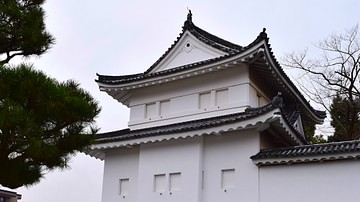
Definition
Nijo Castle
Nijo Castle, located in Kyoto, Japan, was first built in 1603 CE by Tokugawa Ieyasu (r. 1603-1605 CE), founder of the Tokugawa Shogunate (1603-1868 CE). The castle complex is surrounded by a double moat and made up of three distinct areas...

Article
Japanese Castles
Fortifications of one kind or another had been used in Japan since ancient times, but in the period from 1576 until 1639, a new and distinctive style of castle was constructed. Rather than being used for fighting, these were impressive structures...